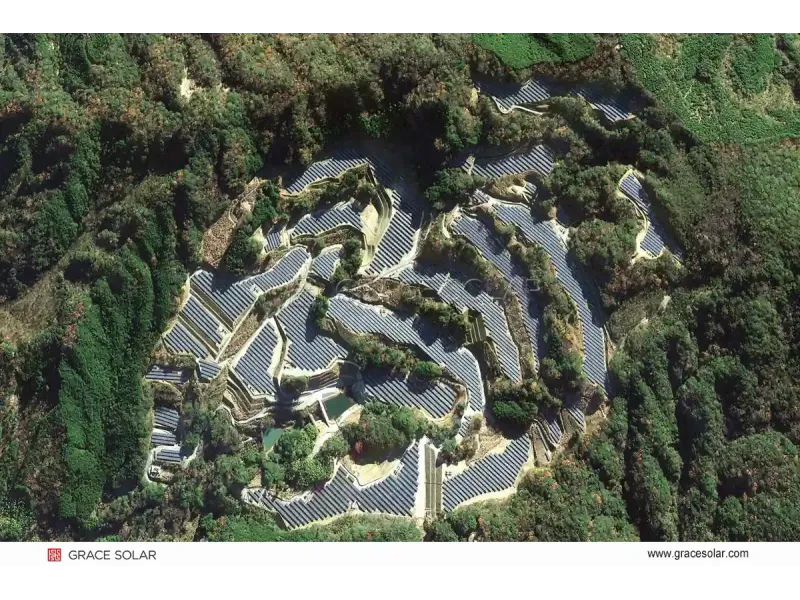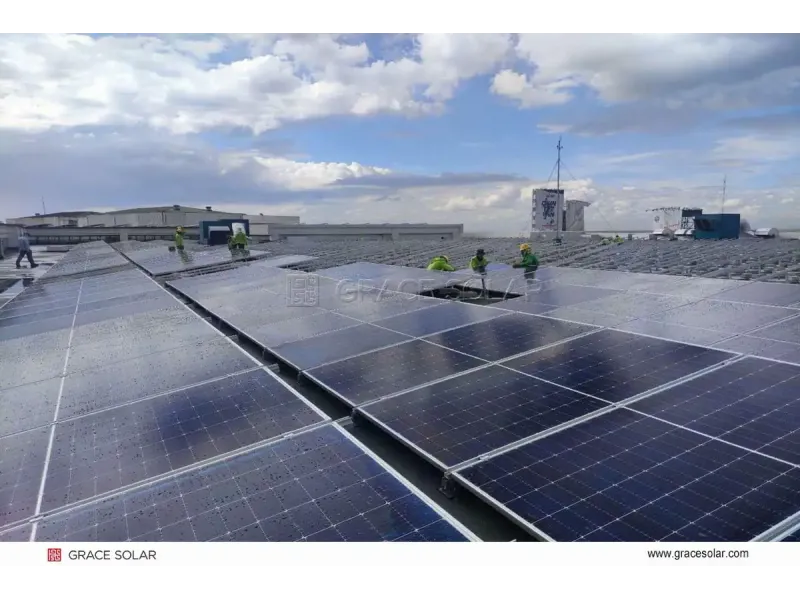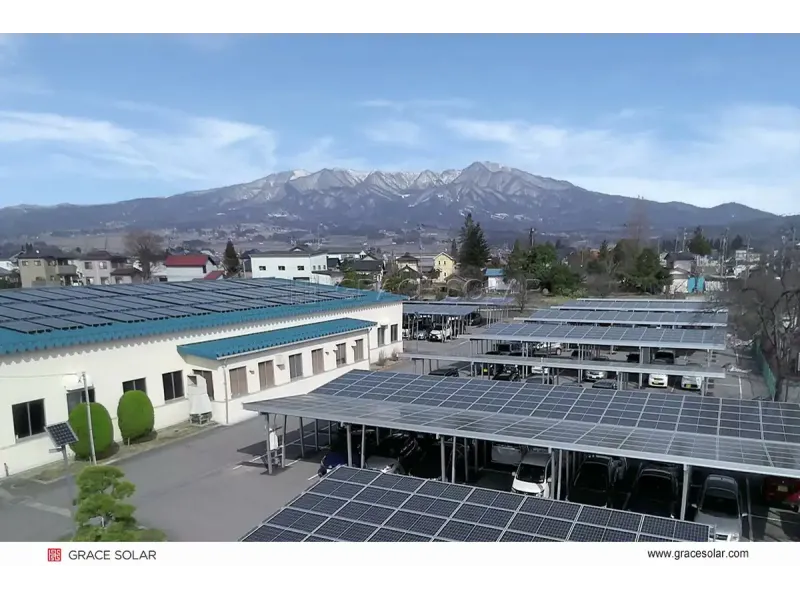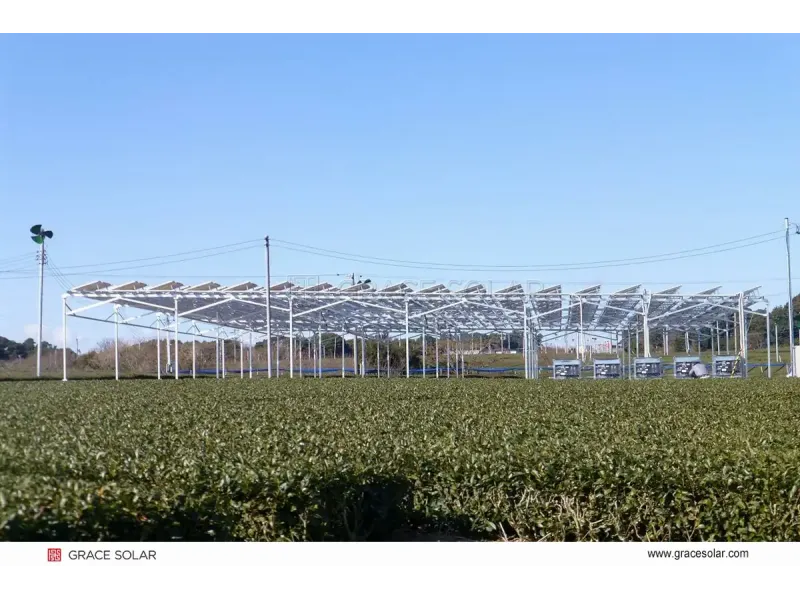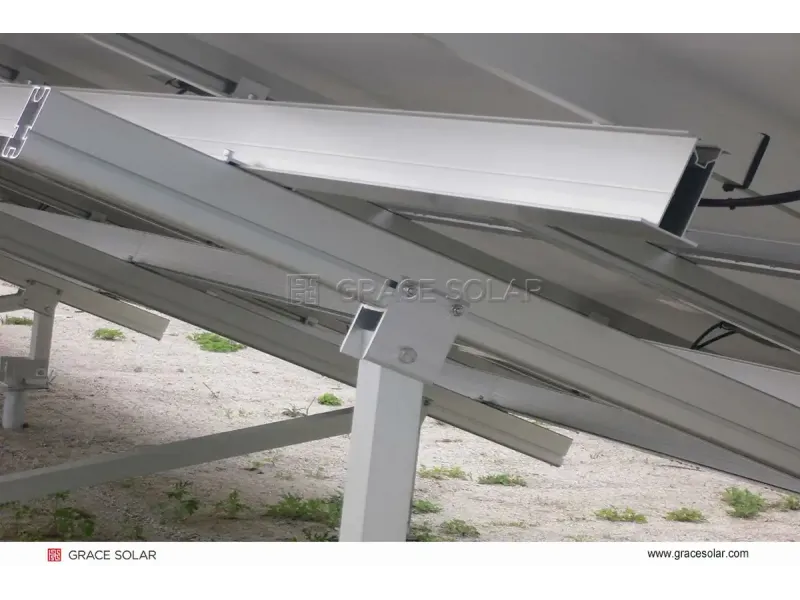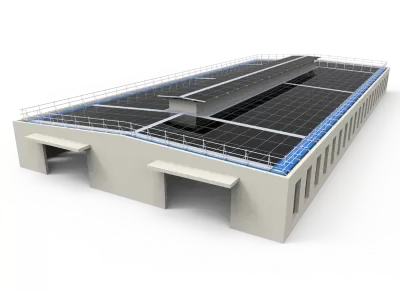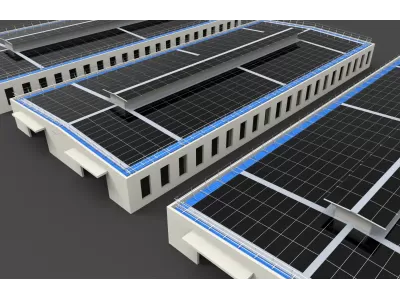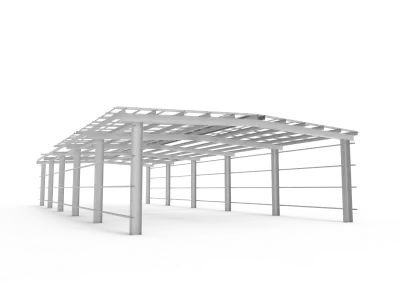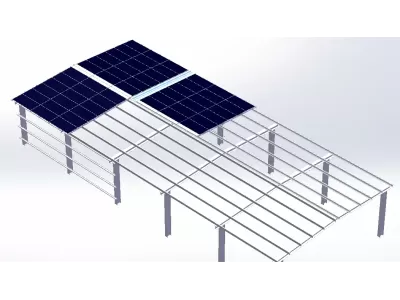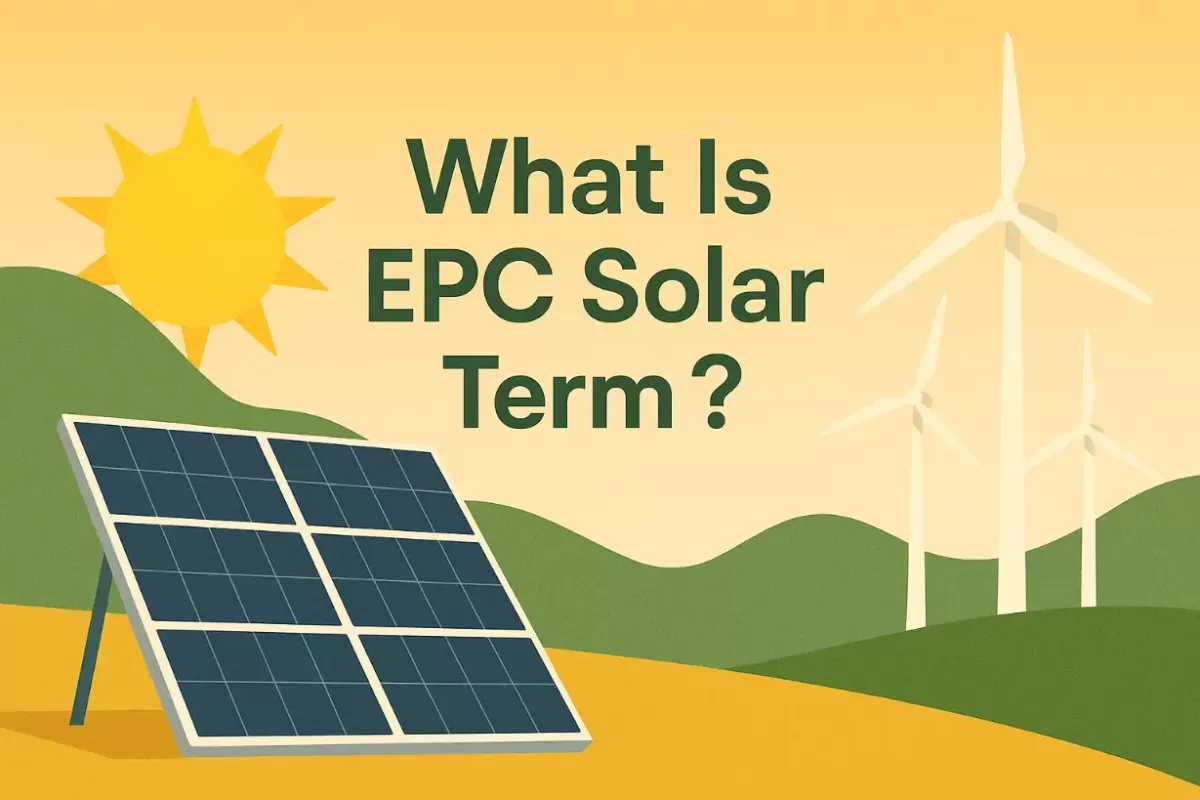
What Is EPC in Solar? Engineering, Procurement & Construction Explained
EPC (Engineering, Procurement, and Construction) is a turnkey project delivery model where a single contractor manages all phases of solar development—from initial design and equipment sourcing to final commissioning. This integrated approach minimizes risks for project owners while accelerating timelines and optimizing costs. Global EPC solar markets are projected to grow at 14.5% CAGR through 2030, driven by rising demand for streamlined renewable deployments [1,2](@ref).
The Three Pillars of Solar EPC
- Engineering: Site analysis, system design, and performance simulations using AI-powered tools.
- Procurement: Bulk sourcing of Tier-1 components (panels, inverters, tracking systems) at competitive prices.
- Construction: Civil works, installation, grid integration, and compliance testing.
Why EPC Dominates Utility-Scale Solar Projects
EPC contracts cover 70%+ of global solar installations due to three critical advantages:
- Risk Mitigation: Fixed-price contracts prevent budget overruns [1](@ref)
- Faster Deployment: 30% shorter timelines vs. fragmented contracting [4](@ref)
- Performance Guarantees: Output warranties backed by technical expertise
Full-Service vs. Limited Scope: Key EPC Models
Turnkey EPC (Recommended for >5MW Projects):
Single-point accountability for design, equipment supply (single-axis trackers, bifacial modules), construction, and commissioning. Ideal for investors seeking hassle-free execution [5](@ref).
Partial EPC:
Covers specific phases like structural installation or component supply. Requires owner-managed coordination and risk oversight.
Grace Solar: Your Global EPC Partner
With 48GW of cumulative solar deployments across 100+ countries, Grace Solar delivers integrated EPC solutions featuring proprietary technologies:
- GS-Light™ AI Trackers: Boost yield by 25% with self-optimizing dual-axis systems
- Bankability: SP2C-graded engineering with Tier-1 component partnerships
- Global Compliance: UL/TUV/JIS-certified installations meeting local regulations
The Future: EPC + Digital Integration
Leading EPC providers like Grace Solar now incorporate IoT monitoring, automated O&M, and storage-ready designs. These innovations reduce levelized energy costs (LCOE) to under $0.03/kWh for utility-scale projects [2,7](@ref).

